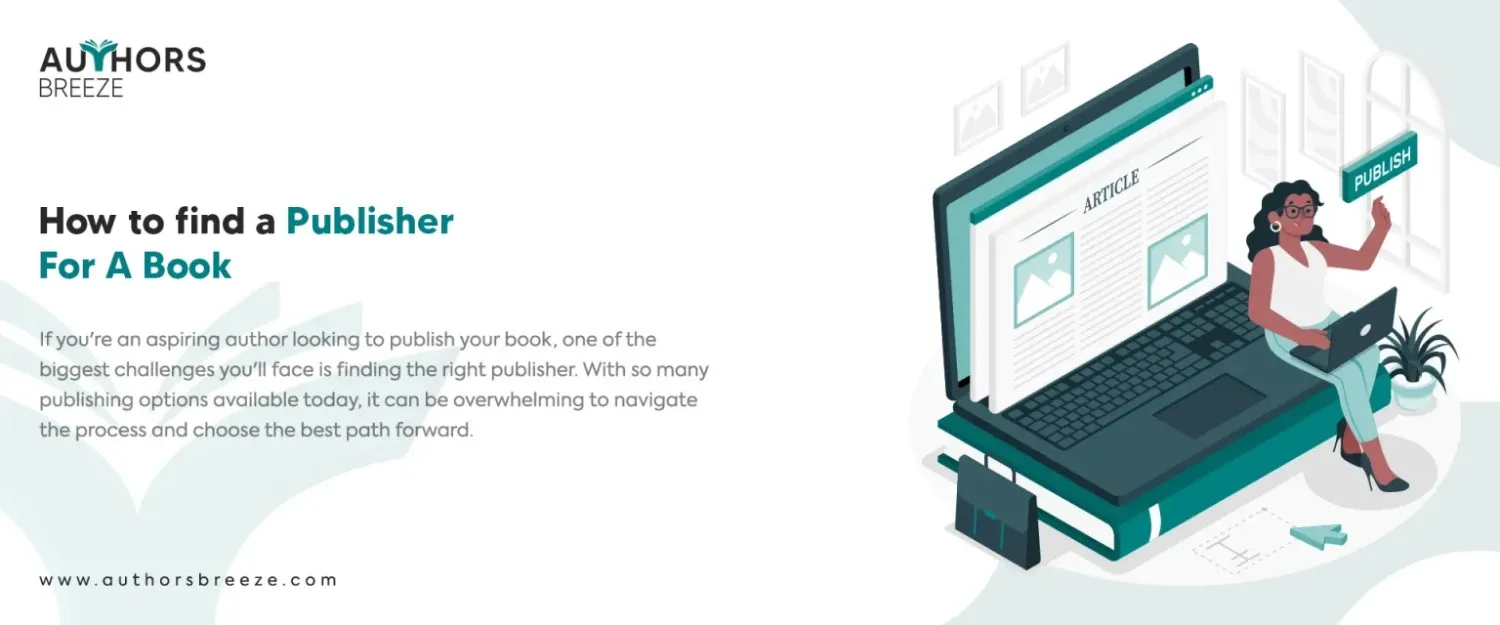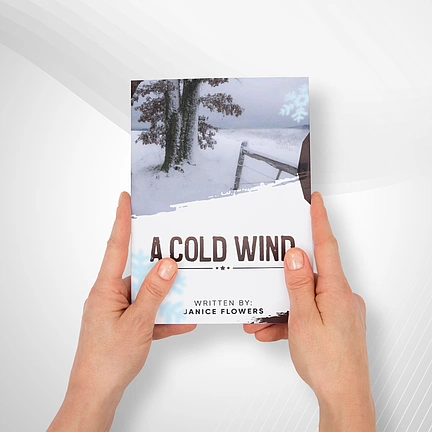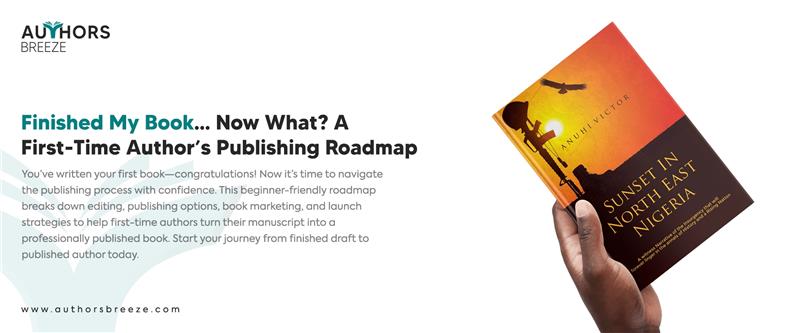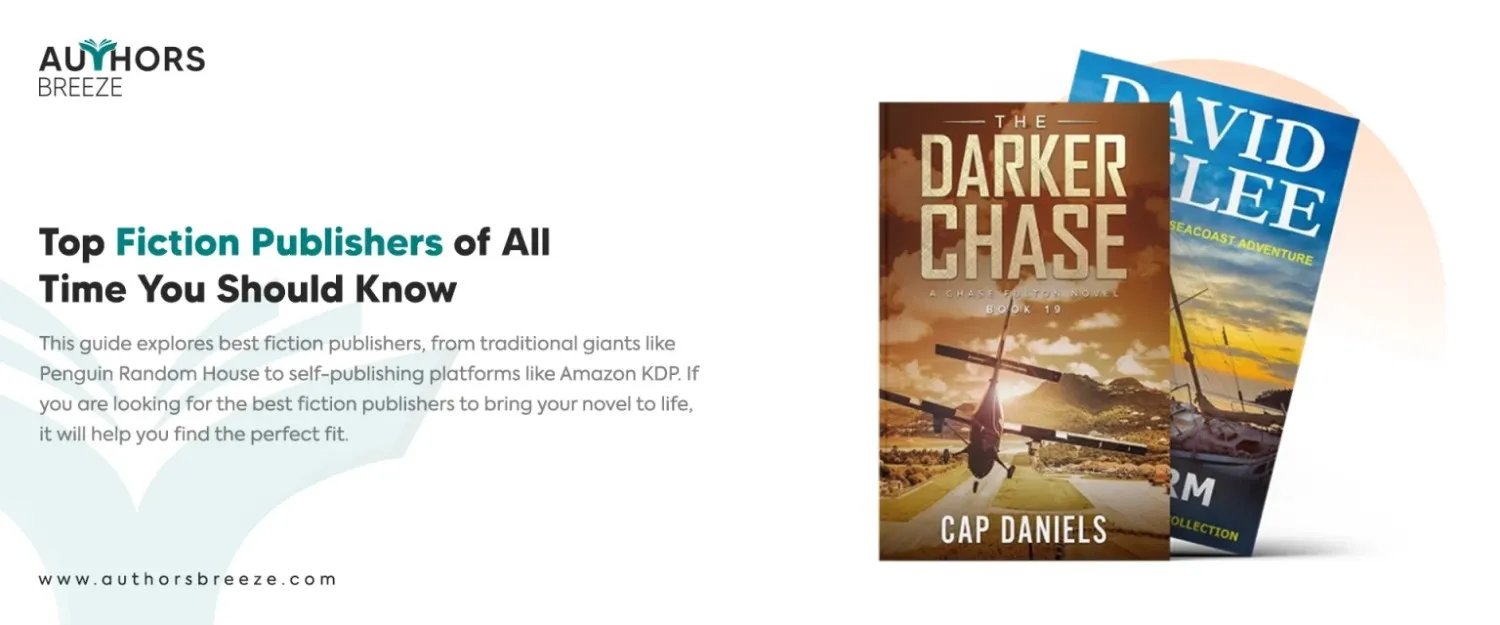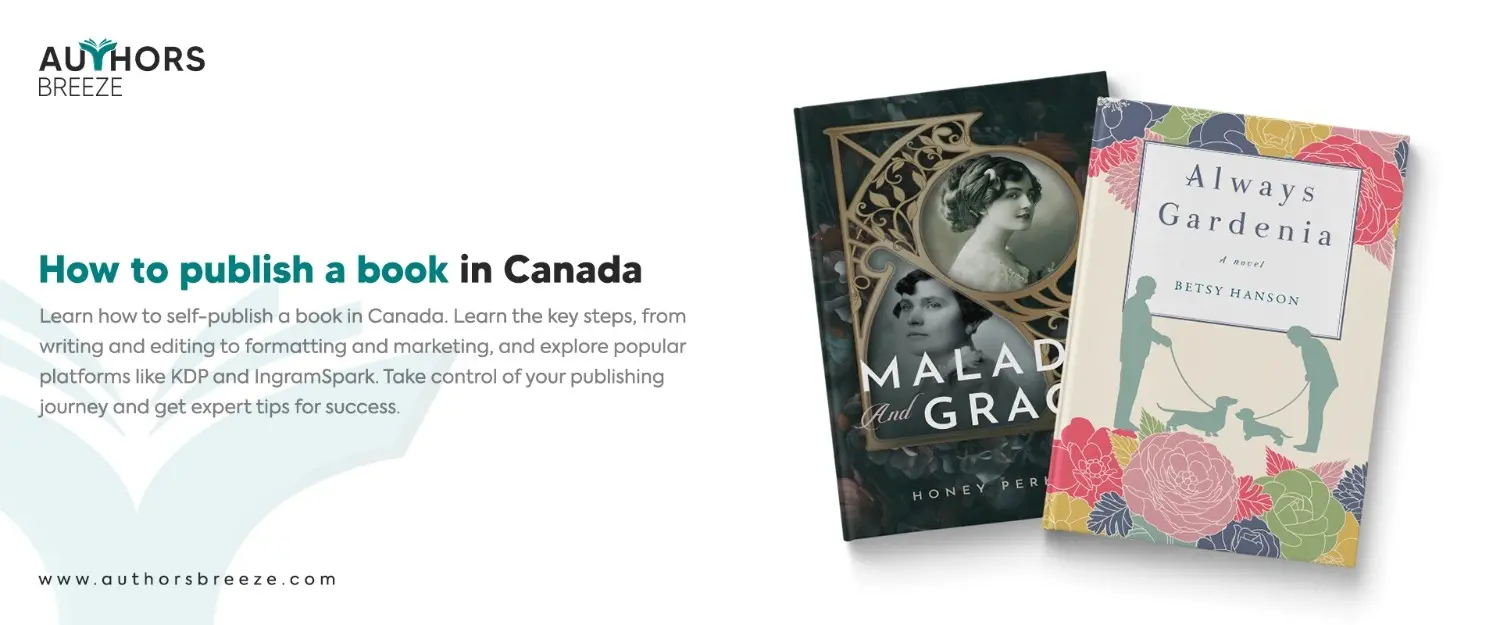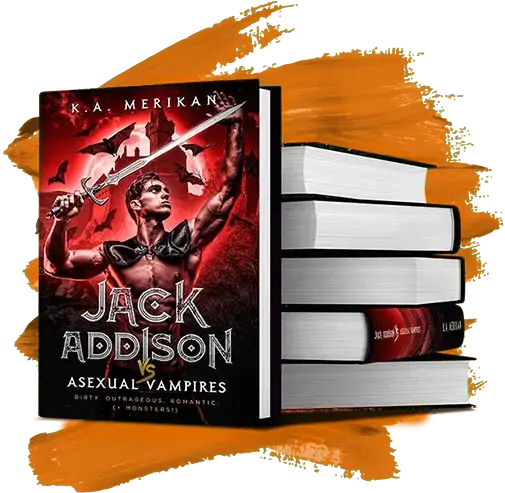Don’t Have Time to Read? Listen to Publisher for A Book Instead!
In the world of book publishing, finding a publisher for a book may seem like an impossible feat. As the book publishing landscape continues to evolve, the task of getting your book into the hands of a reputable publisher can be challenging. However, in 2025, there will be more opportunities than ever before to achieve this goal. Whether you’re a first-time author or a seasoned writer, the process of securing a publisher for your book can be simplified with a step-by-step approach.
Exclusive Insider Secrets: The Guide to Secure a Publisher for a Book and Make Your Dreams a Reality!
In this comprehensive guide, we will explore the essential steps to secure the publisher for a book in 2025. Don’t let the idea of finding the publisher for a book overwhelm you. With careful planning and execution, you can take the necessary steps to achieve your book publishing goals.
Write a Book
The first step towards getting a publisher for a book is to write a great book. It may seem like a no-brainer. However, ensuring that your manuscript is of the highest quality possible is essential. Publishers receive countless submissions yearly. Therefore, you want your book to stand out from the crowd.
Your goal should be to create a book that captures the attention of publishers and readers alike. So, take the time to write the best book you possibly can. As a result, you will be one step closer to making your book publishing dreams a reality.
Identify Your Genre
A well-written manuscript is essential to getting a publisher for your book and achieving success in the world of book publishing. For this, the first thing you need to do is identify your genre. Knowing your genre is critical because it helps you understand what type of readers you’re writing for and what’s currently popular in the book publishing industry.
Research the Market
Once you’ve identified your genre, the next step is to research the market thoroughly. Look for similar books that have been published recently. Moreover, determine what sets your book apart from the competition.
Write a Compelling Manuscript
With your genre and market research in hand, it’s time to get to work on your manuscript. Writing a compelling book requires time, effort, and dedication. In addition, it is essential to have a solid writing process in place that allows you to stay focused and productive. It could be setting a daily word count goal, creating an outline, or working with a writing coach.
Get Feedback
Once you’ve completed your manuscript, getting feedback from trusted sources is also crucial. Feedback is invaluable because it allows you to identify areas that need improvement and refine your manuscript before submitting it to publishers. You could seek input from beta readers, writing groups, or professional editors.
Develop a Strong Author Platform
An author platform is a writer’s visibility and influence in the industry. Moreover, it’s essential for book publishing success. It shows publishers you have a dedicated following and can help promote your book. With a solid author platform, you will be one step closer to achieving your book publishing dreams.
If you do not have an author website for showcasing your work, you are way behind in the book publishing world. You should immediately create an author website for your literary work. In case you can not build a website, you can acquire author website design services.
Create an Online Presence
Building an online presence is one of the best ways to develop a solid author platform. It includes having a website or blog, being active on social media, and engaging with readers and other writers in your genre. Building an online presence helps you connect with potential readers and establish yourself as an authority in your field.
Bild a Network
Another critical aspect of building a solid author platform is networking. Attend writing conferences and book events, connect with other writers in your genre, and create relationships with industry professionals. A robust network can help you get your foot in the door with publishers and agents.
Establish Credibility
It’s also vital to consider other ways to promote yourself and your book. It could include public speaking, guest blogging, or offering writing workshops. These activities can help you gain exposure and credibility in the industry, which can be attractive to publishers.
Research and Target Publishers
The next step in finding the right publisher for a book is to research and target publishers. It’s crucial to find publishers who specialize in your genre and have a track record of publishing books similar to yours. It increases your chances of getting your manuscript accepted and your book published.
Compile a List of Potential Publishers
Start by compiling a list of potential publishers that fit your criteria. Look for publishers who have published books in your genre recently, and check out their submission guidelines. These guidelines are essential, as they can vary widely between publishers.
Consider Their Distribution and Marketing Strategies
When researching publishers, it’s also vital to consider their distribution channels and marketing strategies. Find out how they promote their books and what kind of reach they have. A publisher with a strong distribution network and an effective marketing plan can help ensure your book reaches a broad audience.
Tailor Your Submissions to Each Publisher
Once you’ve compiled a list of potential publishers, it’s time to target them. It means tailoring your submissions to each publisher specifically. Address your query letter to the appropriate person and reference their previous publications. It shows that you’ve done your research and are serious about working with them.
Be Prepare For Rejection
You should also remember that rejection is a common occurrence in the world of book publishing. Therefore, don’t be discouraged if you receive rejection letters. Instead, use them as an opportunity to improve your manuscript and query letter.
How to Submit Your Query Letter and Manuscript?
When you have done researching a publisher for a book, it is time to submit your query letter and manuscript. It is the crucial step where you send your work out into the world and hope for a positive response.
Here are some tips to help you make the most of your submission:
Follow Submission Guidelines Carefully
It’s crucial to follow the submission guidelines of each publisher precisely. Many publishers have specific requirements for book format or request certain materials, such as a synopsis or author bio. Ensure you’ve read the guidelines thoroughly and included everything they require.
Craft a Compelling Query Letter
Your query letter is your chance to introduce yourself and your work to the publisher. Thus it should be concise, engaging, and well-written. Include a brief summary of your book, your writing credentials, and why you think your book would be a good fit for their book publishing house.
Edit and Polish Your Manuscript
Before submitting your manuscript, editing, and polishing, it thoroughly is essential. It means checking for spelling and grammar errors, tightening up the prose, and making sure the pacing and structure are strong. Consider hiring a professional editor to help you refine your work.
Be Patient and Professional
Once you’ve submitted your work, it’s essential to be patient and professional. Publishers receive many submissions; it can take several weeks or even months to hear back. Resist the urge to follow up too soon. Moreover, always be courteous and professional in your communications.
Be Open to Feedback and Revisions
If you’re fortunate enough to receive feedback or a request for revisions, be open to it. It is an opportunity to improve your work and make it more appealing to publishers. Take the feedback seriously and be willing to make changes if necessary.
Work with Your Agent or Editor
Finally, now is the time to work with your agent or editor. If you’ve secured an agent, they will help you navigate the book publishing process and negotiate the best deal for your book. If you’re working directly with a publisher, your editor will guide you through the publication process and work with you to make your book the best it can be.
Here are some tips to help you make the most of this step:
Communicate Clearly and Openly
Communication is vital when working with an agent or editor. Be sure to keep them updated on your progress and any changes to your manuscript. You should also be open to their suggestions and feedback and be willing to engage in a constructive dialogue to make your book the best it can be.
Be Professional and Respectful
Working with an agent or editor is a professional relationship, so always being respectful and courteous is essential. Respond to emails and calls promptly, and always show appreciation for their time and expertise.
Trust Their Expertise
Your agent or editor has experience in the book publishing industry and knows what works and what doesn’t. Trust their expertise and be willing to take their advice, even if it means changing your manuscript. Remember, your goal is to make your book the best it can be and appeal to a broad audience.
Be Involved in the Marketing Process
Marketing is a crucial part of the book publishing process. Therefore, you should be involved in book advertising as much as possible. Work with your agent or publisher to develop a marketing plan that includes social media, book signings, and other promotional activities.
Celebrate Your Success
Finally, don’t forget to celebrate your success! Book publishing is a significant accomplishment. So, you should take time to acknowledge your hard work and celebrate your achievement.
Some FAQs about Finding the Publisher for a Book
People also ask the following question when finding the publisher for a book.
How can I find a suitable publisher for my book?
Research is critical when looking for book publishing companies. You can start by looking at publishers who have published books similar to yours. Look for publishers who are interested in your genre and have a good reputation in the industry. You can also attend writing conferences or network with other authors to find recommendations.
What is a query letter, and how do I write one?
A query letter is a one-page letter that introduces your book to a potential publisher. It should include a brief book summary, author bio, and relevant information about your platform or writing experience. It should be concise, professional, and tailored to the specific publisher you are querying.
Should transforming my book into an audiobook be a good decision?
Definitely! Audiobooks are a great way to reach readers who prefer to listen to books on the go. By hiring the best audiobook service to publish an audiobook version of your book, you can earn a wider audience and potentially boost your book's sales and popularity.
Can I create a video book trailer for my book?
Yes! Video book trailers are a great way to promote your book and give potential readers a taste of what to expect. You can create a book trailer using free or low-cost video editing tools or hire a professional to make one.
Conclusion
As you close in on the final stages of your book publishing journey, remember that finding the right one is crucial among the number of book publishers. While navigating the complex world of book publishing can be challenging, it’s also an enriching experience that can lead to a lifetime of success.
However, as you embark on your book publishing journey, finding the publisher for a book can make all the difference. That’s where Authors Breeze comes in. We understand that the world of book publishing can be overwhelming. Therefore, our experienced professionals are dedicated to helping you achieve your book publishing goals.
We offer a wide range of services, including book editing, formatting, and book cover maker services, all designed to ensure your book reaches its full potential. Our team is passionate about great books and committed to helping authors succeed. We would be honored to be your book publishing partner.

